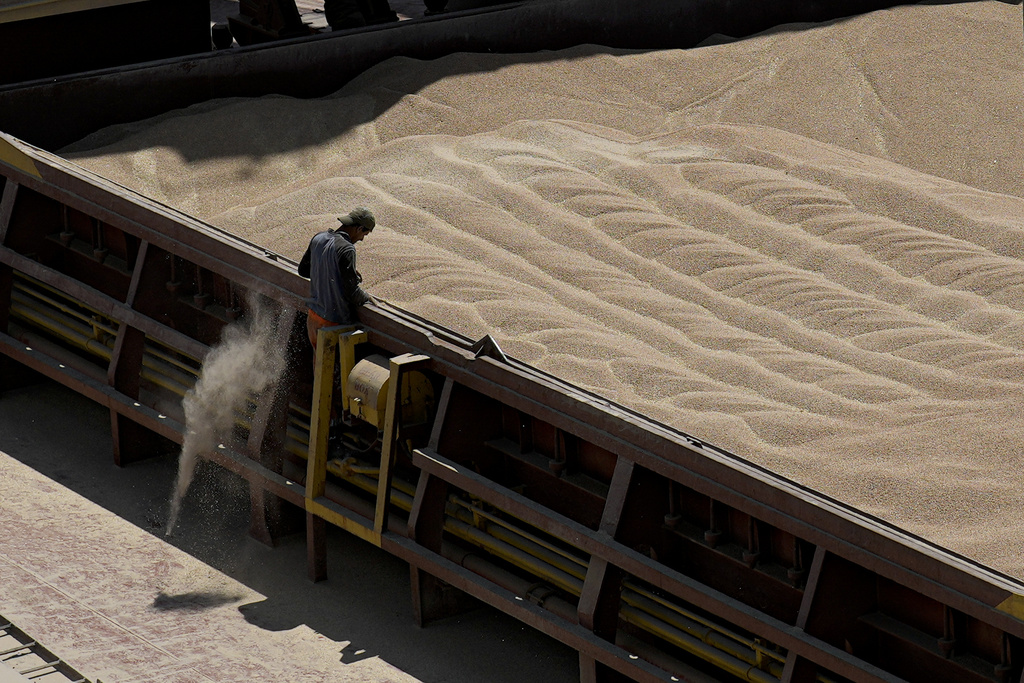The European Commission has extended the restrictions on imports of wheat, maize, rapeseed and sunflower seeds from Ukraine until mid-September, the EU executive announced on Monday evening.
The commission has acceded to requests from five EU member states — Hungary, Poland, Slovakia, Bulgaria and Romania — to take immediate action to address the unsustainable situation caused by increased imports of cereals from Ukraine.
The EU executive reached an agreement with the member states concerned at the end of April, allowing them to block the marketing of Ukrainian grains on their territory until June 5, provided they do not block transit to other countries. This agreement was extended on Monday until Sept. 15.
“These measures are still necessary for a limited period of time, given the exceptional circumstances in five member states, the severe logistical bottlenecks ahead of the harvest season, and the limited storage capacity for cereals,” the responsible committee said, explaining its decision.
Also on Monday, the European Commission extended the trade preferences granted to Ukraine.
The suspension of import duties, quotas and trade defense measures — the so-called autonomous trade measures — on Ukrainian exports to the EU will remain in place for another year.
The Brussels body stressed that the EU was also supporting Ukraine’s economy and helping to alleviate the difficult situation for Ukrainian producers and exporters caused by Russia’s “unprovoked and unjustified” military aggression.
The European Commission has previously provided a €36.3 million fast-start financial support package for the most affected farmers and is now preparing to present a second financial support package worth €100 million.
Subsequently, the European Union banned Ukrainian grain imports until June 5, but Hungary has since signaled that with the ban only applying to new contracts, it would still allow the fulfillment of previous contracts, hence its effect will be severely limited.






